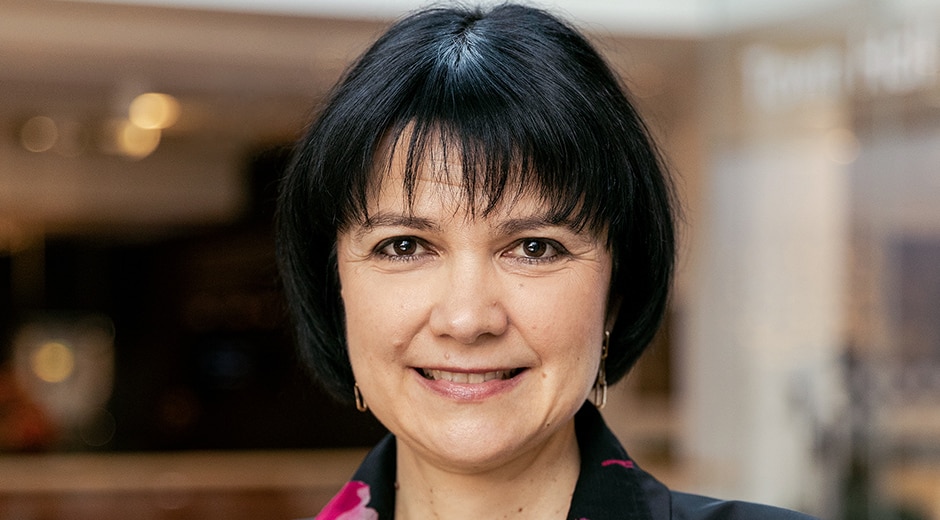After achieving its first climate target three years ahead of plan, the Group set a second science-based climate target to contribute to keeping the global temperature rise within 1.5°C.
Not only was Electrolux Group one of the first 100 companies in the world to set an ambitious climate target approved by the Science Based Targets initiative (SBTi) in 2018 — it met its target in 2022, three years ahead of plan.
Broadened science-based target with raised ambitions
With its second science-based target approved, Electrolux Group aims to reduce its emissions from operations (scope 1 and 2) by 85% and from products (scope 3, including product use, materials, transport and business travel) by 42% between 2021 and 2030.
With this new target the Group aims to achieve a 97% emission reduction in operations by 2030 compared with 2015, which was the baseline for the Group’s first climate target.
The long-term ambition is to achieve net-zero emissions across the value chain by 2050.
“We were very proud to have our second science-based climate target approved at the end of 2023 by the SBTi. We’re focused on keeping up our momentum to drive climate action throughout our value chain,” says Electrolux Group CEO Jonas Samuelson.
“As approximately 85% of the global climate impact of an appliance is generated when it is in use, product energy efficiency is where we can have the greatest positive climate impact,” explains Elena Breda, Chief Technology and Sustainability Officer.
The Group’s science-based climate target is aligned with the 2015 Paris climate agreement, which aims to keep the global temperature rise within 1.5°C this century to avoid the most severe impacts from climate change.


